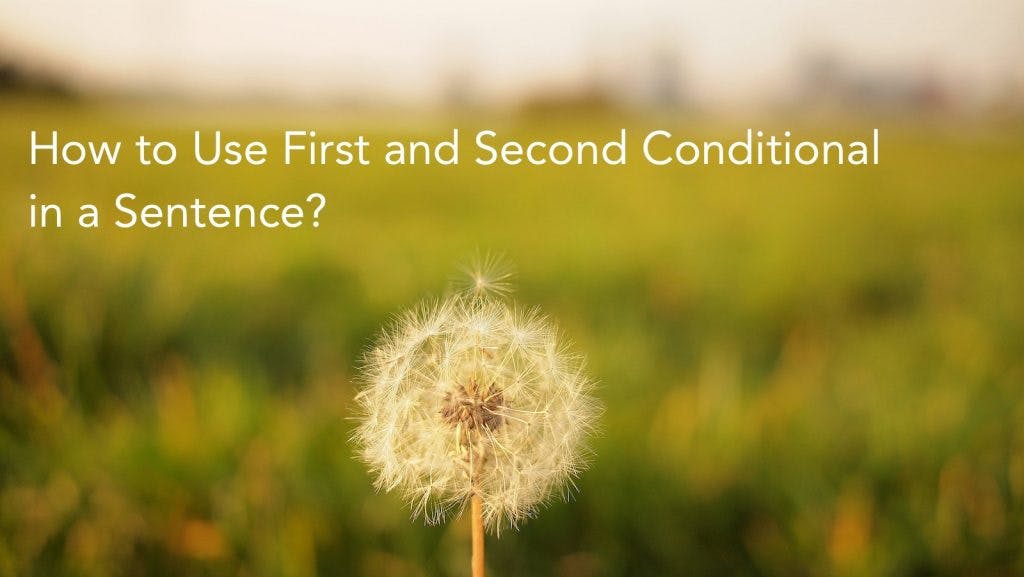Here’s another easy way to improve your grammar, learning the conditional. In our previous lesson, we learned how to use zero conditional. The first conditional, as well as the second and third conditional, are also known as conditional clauses or IF clauses.
FIRST Conditional
We use the first conditional to express a decision you will make if this or that happens. It also expresses an event that might happen if a certain condition occurs. This will be very useful in your daily conversations and even in business settings. Knowing how to use the first conditional gives you more freedom to express yourself.
Here’s how you structure your first conditional sentence:
Simple future + IF + simple present
Examples:
- You will be fluent in English if you take your English lessons at Lingualbox.
(will be fluent in English) + IF + (take your English lessons at Lingualbox)
- Mom will buy me a bicycle if I pass my final exam.
(will buy me a bicycle) + IF + (I pass)
Here’s another way to structure your sentence:
IF + simple present + simple future + base verb
- If it rains, I will stay at home.
(If + it rains + I will + stay…)
- If it rains, I shall not go to the market.
(If + it rains + I shall + not go…)
- If he arrives early, I may go with him to the park.
(If + arrives + I may + go with him…)
From our examples, you can see that certain results are expected to happen IF a condition happens first.
You can use this website to see more examples of first conditional:
https://www.ecenglish.com/learnenglish/lessons/first-conditional
SECOND Conditional
They say that the second conditional is the conditional for the dreamer. It talks about possibilities. This is the sentence where you talk about what you would do if you had this or that. What makes this different from the first conditional is that it is a lot more unlikely. Here, you talk about things that probably are not going to be true. In other words, you use second conditional when you are imagining or when you express wishful thinking.
This is how you structure your sentence:
IF + past simple + conditional tense (could/would + verb in infinitive form)
Examples:
- If I won the lottery, I would travel around the world. (I probably won’t win the lottery.)
If + (won) + (would)(travel)
- If she were rich, she would buy a big house. (In reality, she’s probably not rich.)
If + (were rich) + (would)(buy)
- If I were a rich man, I wouldn’t have to work in that factory. (He’s probably not a rich man.)
- If I were Bob, I would not go to that creepy house alone. (But, I am not Bob.)
- If I were Sherry, I would not go out with that man. (But, I am not Sherry.)
- I would watch his concert if I had $250. (I don’t have $250 now.)
The examples in this material will help you a lot in understanding the second conditional:
http://www.perfect-english-grammar.com/second-conditional.html

